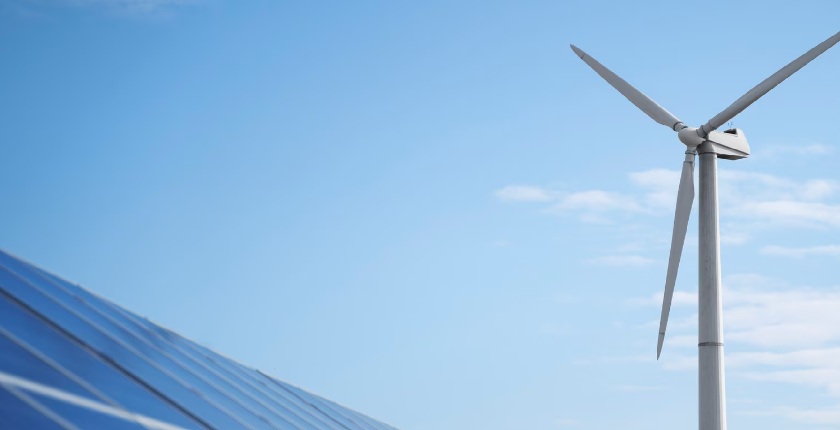Licensed renewable energy projects in Greece currently stand at about 90 GW. New submissions have been falling sharply.
According to latest data from the Regulatory Authority for Energy, Waste and Water (RAAEY or RAEWW), a total of more than 110 GW has been licensed across all renewable technologies. Photovoltaics have the lion’s share, with 74.4 GW and wind followed with 25.1 GW.
The regulator has already paused or cancelled 41.8 GW of immature or frozen investments, bringing the active total to 76.9 GW. It includes 29.8 GW in wind farms and 44.8 GW in all types of solar.
There also also investments in renewables plus storage, which amount to about 24 GW at various stages. It means that now 92 GW of renewable electricity projects have permits. There is 15 GW in operation, 15 GW with final connection terms, and another 50 GW waiting in line after completing the first regulatory steps. The rest is still at the initial stage.
RAAEY also said available space in the grid is currently 19 GW and that is expected to reach 30 GW by 2030. Therefore, the ratio between potential projects and what the grid can accommodate is about nine to one.
Applications slow down to a trickle
The congestion has been noticed by investors, who have significantly slowed down their applications in recent years. RAAEY’s head of renewable energy and storage Ioannis Charalampidis recalled that in the licensing cycle of December 2020, projects representing 45.5 GW were submitted. This June they were only 1.2 GW.
It is especially evident in photovoltaics, where applications fell from 36.3 GW to some 50 MW. Wind is also affected, with 65% less capacity in submissions than last year
In addition to the large licensing queue, the sector faces delays and red tape. More than three years have passed since the last auction for subsidized renewables projects, from which about 1 GW has not yet been completed.
The sector raises red tape and competition issues
The issue was raised, at RAAEY’s conference last week, by Hellenic Wind Energy Association’s (HWEA or ELETAEN) General Director Panagiotis Papastamatiou. He said the problem lies with small local governing bodies, which either lack the means or the will to do their job properly. He called for centralization, so that one public body can handle the necessary permits.
POSPIEF: “Genocide” for smaller producers
The Hellenic Photovoltaics Union (POSPIEF), which represents small and medium solar investors, spoke of “genocide” in the sector. Chairman Giannis Panagis accused the government of only supporting large producers, leading to distortion of competition and a wave of smaller projects being abandoned or sold. He added that big players enjoy benefits, such as extensions, while small ones are pushed out of the market.
